Opposition calls anti-crisis measures "short-term"
The set of laws for fiscal consolidation proposed by the Serbian government "aims to permanently stop the growth of Serbia's budget deficit".
Wednesday, 19.09.2012.
09:15

BELGRADE The set of laws for fiscal consolidation proposed by the Serbian government "aims to permanently stop the growth of Serbia's budget deficit". This was heard in parliament on Tuesday from Minister of Finance and Economy Mladjan Dinkic, who presented the draft legislation to MPs. Opposition calls anti-crisis measures "short-term" Presenting the set of 24 laws at the Serbian parliament, Dinkic stressed that this is just the first phase of fiscal consolidation and that it will create conditions for the budget deficit in 2013 to reduce to four percent of GDP at first. Three more laws will be presented on Wednesday together with the budget review, he added. An additional package of measures will be presented with the budget for 2013, and it will reduce the budget deficit to 3.5 percent of GDP next year, which is necessary in order to stop the growth of public debt, the minister pointed out. Dinkic also said that Serbia's public debt currently totals around 56 percent of GDP and that it will reach 60 percent by the end of the year. The debt will continue to grow this and next year by inertia, because of borrowing to cover deficits, and its growth will not stop until 2014. This is why we will amend the law and abolish own revenues of budget users, which will bring savings of RSD 20 billion next year, he added. However, we will not abolish own revenues for faculties and other educational institutions, the minister stressed. The government chose this package of measures to prevent debt crisis and “Greek scenario”, Dinkic underlined. The session is continuing on Wednesday in Belgrade. During the 8-hour debate on Tuesday, opposition MPs criticized the government proposal to stem the economic crisis by saying it would not "produce desired results", and describing it as "short-term and partial". So far, no opposition groups has announced that it will support the bills. MPs are dicsussing this year's budget review and accompanying bills, including the abolition of 138 parafiscal burdens, seven agencies and other regulatory bodies. The agenda of the emergency session, which was scheduled at the request of 123 MPs, comprises a total of 36 draft laws and other acts. Apart from the budget review, which envisages the revenues of RSD 829.6 billion, expenditures of RSD 1,033.2 billion, and deficit of RSD 203.6 billion, or 6.2 percent of the GDP, and proposals for introducing changes to the financial plans for 2012, MPs will also consider a set of draft laws aimed at putting Serbia's public finances in order. The agenda also includes amendments to the laws on income tax, the VAT, administrative taxes, budget system, tax procedure and tax administration, excises, fiscal cash registers, tobacco, determining the maximum salary in the public sector, pension and disability insurance, and financing of local self-governments. The proposed bills also envisage the abolition of parafiscal taxes, which will lift the burden from Serbia's economy, as well as the minimum rise in excise duties on cigarettes and diesel fuels. The general VAT rate will be raised from 18 to 20 percent as of October, while foodstuffs will be subject to a lower rate of 8 percent. (Beta) B92 Tanjug
Opposition calls anti-crisis measures "short-term"
Presenting the set of 24 laws at the Serbian parliament, Dinkić stressed that this is just the first phase of fiscal consolidation and that it will create conditions for the budget deficit in 2013 to reduce to four percent of GDP at first.Three more laws will be presented on Wednesday together with the budget review, he added.
An additional package of measures will be presented with the budget for 2013, and it will reduce the budget deficit to 3.5 percent of GDP next year, which is necessary in order to stop the growth of public debt, the minister pointed out.
Dinkić also said that Serbia's public debt currently totals around 56 percent of GDP and that it will reach 60 percent by the end of the year. The debt will continue to grow this and next year by inertia, because of borrowing to cover deficits, and its growth will not stop until 2014.
This is why we will amend the law and abolish own revenues of budget users, which will bring savings of RSD 20 billion next year, he added.
However, we will not abolish own revenues for faculties and other educational institutions, the minister stressed.
The government chose this package of measures to prevent debt crisis and “Greek scenario”, Dinkić underlined.
The session is continuing on Wednesday in Belgrade.
During the 8-hour debate on Tuesday, opposition MPs criticized the government proposal to stem the economic crisis by saying it would not "produce desired results", and describing it as "short-term and partial".
So far, no opposition groups has announced that it will support the bills.
MPs are dicsussing this year's budget review and accompanying bills, including the abolition of 138 parafiscal burdens, seven agencies and other regulatory bodies.
The agenda of the emergency session, which was scheduled at the request of 123 MPs, comprises a total of 36 draft laws and other acts.
Apart from the budget review, which envisages the revenues of RSD 829.6 billion, expenditures of RSD 1,033.2 billion, and deficit of RSD 203.6 billion, or 6.2 percent of the GDP, and proposals for introducing changes to the financial plans for 2012, MPs will also consider a set of draft laws aimed at putting Serbia's public finances in order.
The agenda also includes amendments to the laws on income tax, the VAT, administrative taxes, budget system, tax procedure and tax administration, excises, fiscal cash registers, tobacco, determining the maximum salary in the public sector, pension and disability insurance, and financing of local self-governments.
The proposed bills also envisage the abolition of parafiscal taxes, which will lift the burden from Serbia's economy, as well as the minimum rise in excise duties on cigarettes and diesel fuels.
The general VAT rate will be raised from 18 to 20 percent as of October, while foodstuffs will be subject to a lower rate of 8 percent.










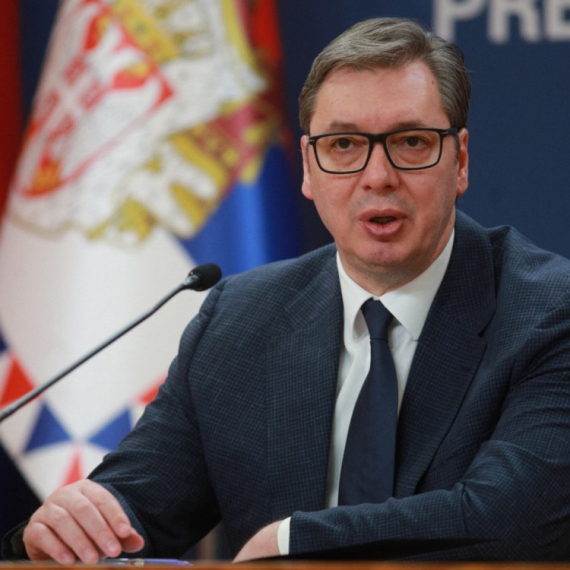
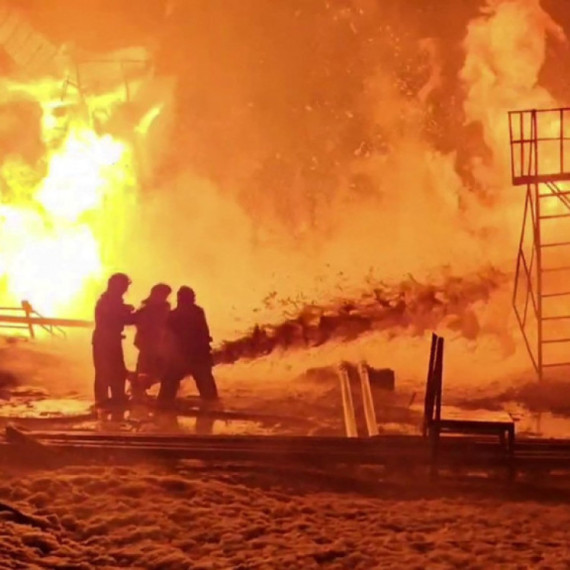












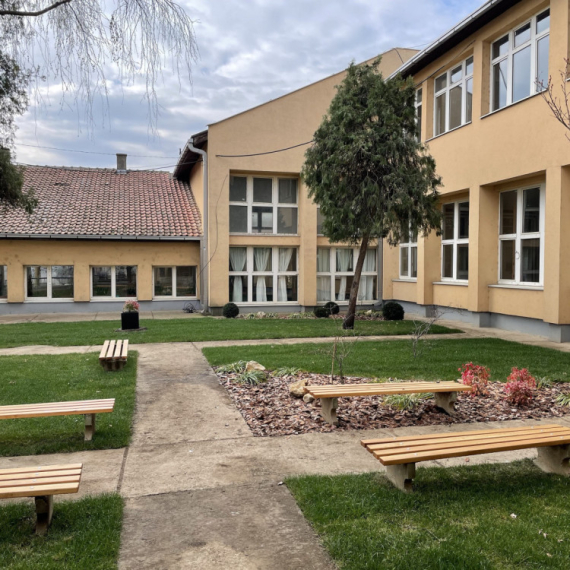















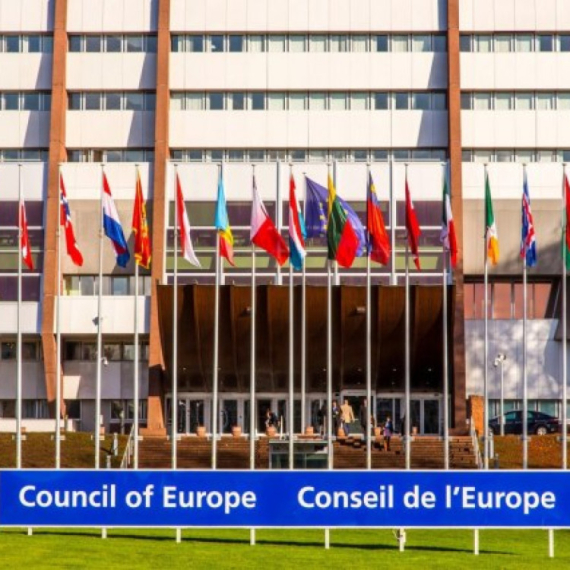













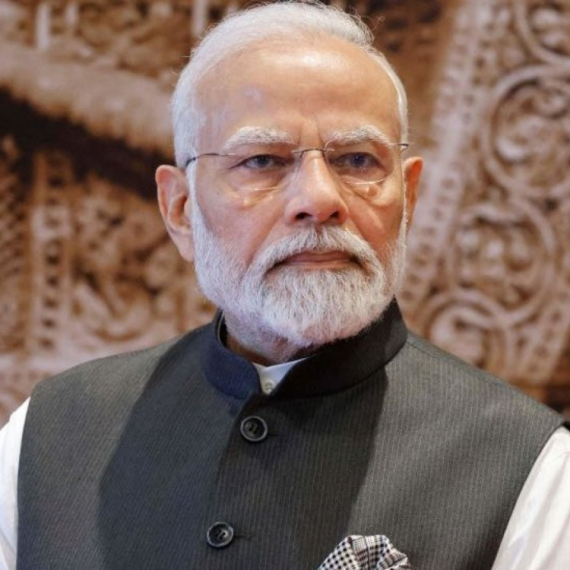


Komentari 4
Pogledaj komentare